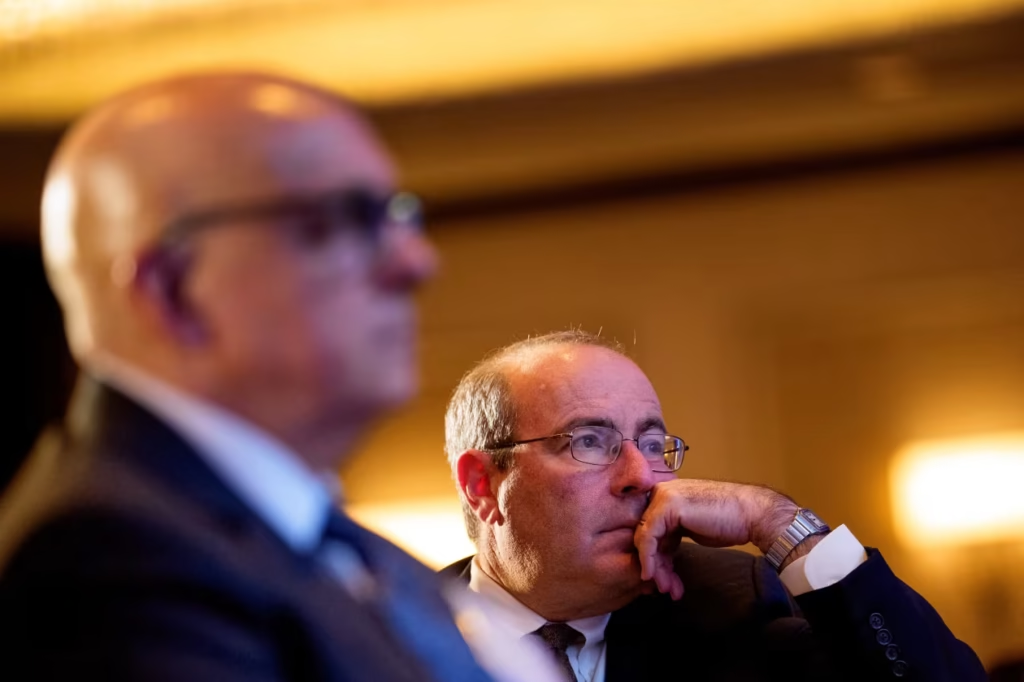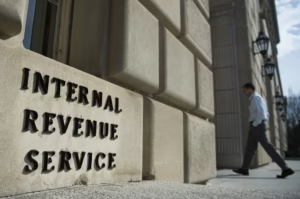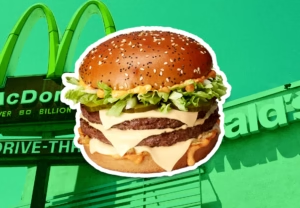The Fed’s interest-rate committee will not include Richmond Fed President Tom Barkin until 2027.
The U.S. economic picture appears to be a mystery. The latest set of data revealed robust consumer expenditure and steady economic growth. Economists are concerned, however, because the labor market has obviously slowed.
These contradictory data indicators can indicate that the economy’s future course appears precarious.
In a note to clients, Apollo chief economist Torsten Slok stated, “The economy cannot be on the verge of a recession with a weaker labor market over the same period.”
The U.S. economy is now expected to grow at a 3.9% annual rate for the July–September quarter, according to the Atlanta Fed.
Meanwhile, during the last three months, the government’s job growth has slowed to a pitiful 29,000 a month.
Economists think that one of two things must occur. Either the labor market needs to improve, or the economy slows to keep up with the weak labor market.
The president of the Richmond Fed, Tom Barkin, stated that he was optimistic about the job market and did not believe it would collapse.
Barkin stated in a speech in Washington on Friday that while labor demand is slowing, there is a shortage of workers as a result of immigration restrictions and an increase in older workers’ retirements.
“That probably means that the unemployment-rate increases are going to be relatively limited,” he stated.
From 4.0% in January to 4.3% in August, the jobless rate increased to a nearly four-year high. A recession, according to economists, will result from a significant increase in the unemployment rate because consumers will cut back on spending if they fear losing their jobs.
Slock wrote in a message to clients that the likelihood of a recession is decreasing. He has lowered his prediction of a recession in the upcoming year to 20%. In normal circumstances, economists estimate a 15% likelihood of a recession, so that’s relatively low.
Additionally, Barkin stated that he does not believe that higher tariffs will initiate a cycle of increased inflation.
“Customer pushback,” according to Barkin, will probably restrain inflation, even while suppliers are under pressure to pass on cost pressures from tariffs and other factors.
According to Barkin, “the consumer is frankly exhausted” and will not tolerate price increases. He said that consumers will either stop spending or switch to less expensive options.
In general, Barkin said, the “fog” caused by tariffs is beginning to clear. Companies are more involved.
He stated that he believes the introduction of AI and reduced immigration have weakened job growth.
“Many of the companies I speak with say, ‘Look, I need to do something. “I can’t stay on the sidelines forever; I have to do something,” he stated.
If a possible government shutdown does not cause a delay, the government will release the September jobs data on Friday of next week.





